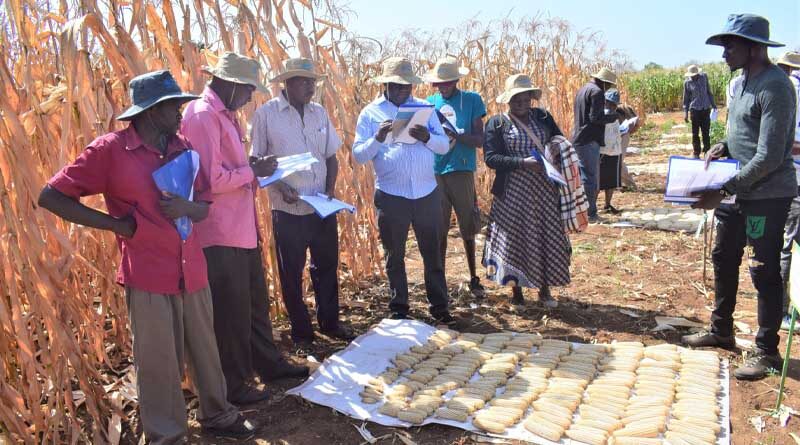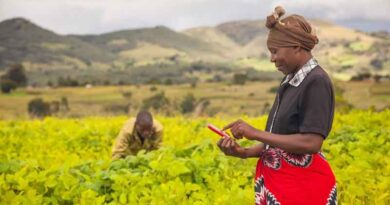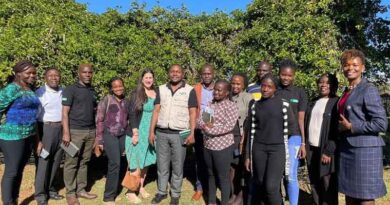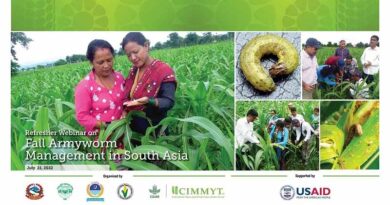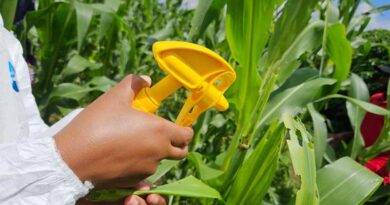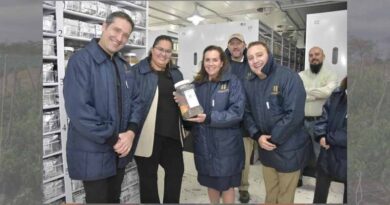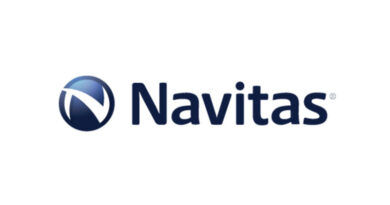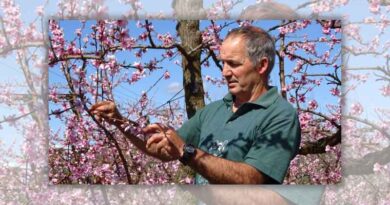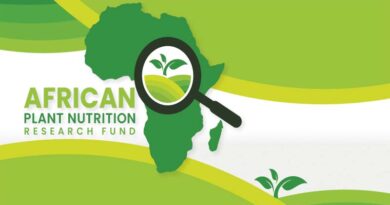Plant Health Innovation Platform at Kiboko, Kenya: integrating and testing eco-friendly solutions against fall armyworm
08 March 2023, Kenya: CGIAR’s Plant Health Initiative (PHI) is testing integrated pest management (IPM) packages against fall armyworm (FAW) in partnership with smallholder farmers and agricultural extension officers at the Plant Health Innovation Platform at the Kenya Agricultural and Livestock Research Organization (KALRO) Kiboko Research Station in Kenya.
The IPM packages comprise 18 combinations of treatments, including maize varieties with native genetic resistance to FAW, biopesticides, biological control agents, push-pull system, and bean varieties.
“This is a unique opportunity to identify eco-friendly and cost-effective IPM packages against a major pest like FAW through participatory engagement of smallholder farmers and extension personnel,” said BM Prasanna, Global Maize Program Director at the International Maize and Wheat Improvement Center (CIMMYT) and CGIAR Plant Health Initiative Lead. “Also In our efforts against FAW, three FAW-tolerant maize hybrids have been recommended for release after national performance trials in Kenya.”
Participatory assessment
Participating farmers and extension personnel made their first assessment of the IPM combinations at the vegetative stage on November 8, 2022.
“With this second assessment on February 7, 2023, farmers and extension personnel are evaluating the same IPM combinations for their yield potential, which means the plants need to be not only healthy but also productive. The farmers are also looking at the quality of the maize ears, and the level of ear and kernel damage by the pest, if any. These assessments both at the vegetative and reproductive stages are critical for us to conclude this experiment and draw appropriate inferences,” Prasanna said.
Researchers will analyze the efficacy of the scoring of different IPM treatments by the farmers and from the vegetative/foliar and reproductive/harvest stages. In addition, scientists will conduct a cost-benefit analysis for each IPM treatment to identify relevant IPM packages that can be potentially scaled. Prasanna noted the initial scoring by the scientists and farmers were highly comparable.
The trials engaged farmers and extension workers from five different counties in Kenya. “The Plant Health Initiative is keen on co-creation and co-validation and taking an inclusive, participatory approach to innovations,” said Prasanna. He added that such an approach is vital for buy-in by the farmers, who need to be active partners in effectively scaling the selected IPM packages.
Farmers participating in the Field Day at the Innovation Platform applauded the initiative to involve them in validating solutions to manage FAW and expressed their eagerness to have the innovations in their hands. The farmers also had opportunities to ask questions, provide preliminary verbal feedback, and receive immediate clarification from the scientists to their queries.
”I know a farmer who has trained his two sons to go to every plant and kill the armyworm physically. You can imagine the time and energy that takes,” said Justice Kimeu, a farmer from Makueni County, Kenya. “Let the innovative methods we have seen here reach every farmer across the country.”
Plant Health Innovation Platform catalyzes collaboration
The Plant Health Innovation Platform at Kiboko brings together different innovations developed by the collaborating institutions: CIMMYT, KALRO, International Center for Insect Physiology and Ecology (icipe), AgBiTECH, Center for Agriculture and Bioscience International (CABI), and Farmfix Africa.
“Robust data is being generated on the efficacy and cost-benefit of various IPM combinations. After data analysis, 2-3 few specific IPM packages will be identified based on efficacy against FAW, cost effectiveness, affordability to smallholder farmers, and potential for rapid scale up,” Prasanna said.
Besides the FAW Innovation Platform at Kiboko, Kenya, the CGIAR Plant Health Initiative is operating eight other Innovation Platforms in Benin, Cameroon, Nigeria, Uganda, Lebanon, Philippines, Ecuador, and Colombia. Each of these platforms bring together diverse institutions engaged in developing game-changing solutions in managing key pests and diseases in the Initiative’s primary crops that include maize, banana, cassava, potato, sweet potato, rice, yam, sorghum, wheat, millets, legumes, and vegetables
Also Read: Indian government to launch Seed Traceability System for good quality seeds
(For Latest Agriculture News & Updates, follow Krishak Jagat on Google News)

